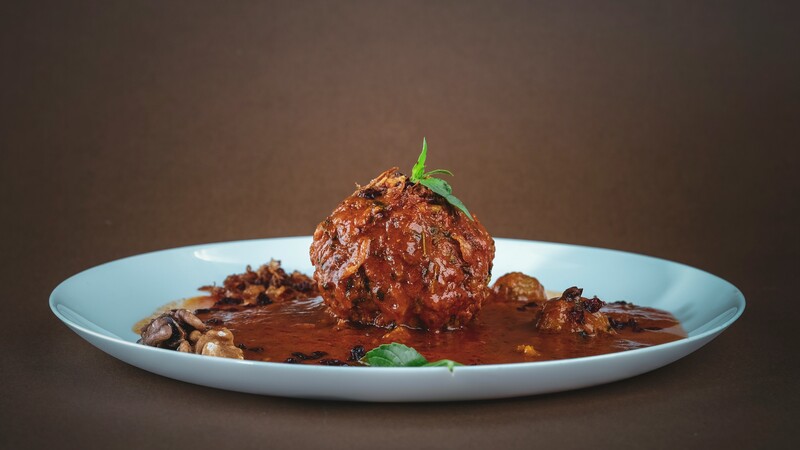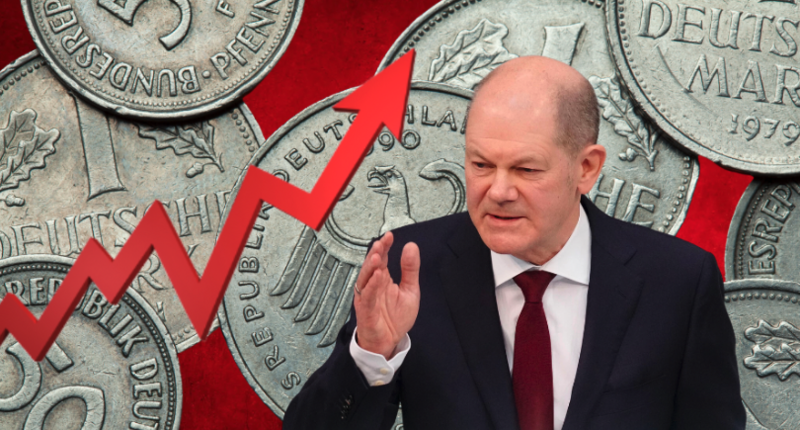China is now the world’s top car dealer… no checkered sport coat or wacky waving inflatable arm flailing tubemen required.
Driving the news: China is officially the world’s top car exporter, shipping out a record ~5.26 million China-made automobiles last year and beating runner-up Japan by ~1 million cars.
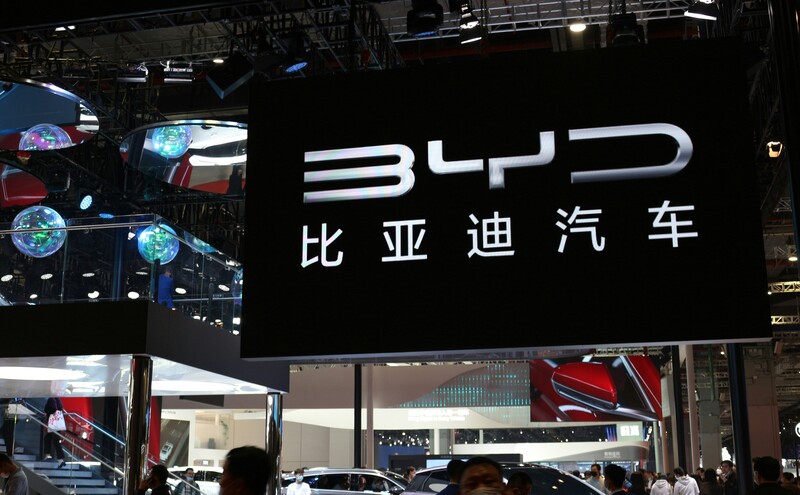
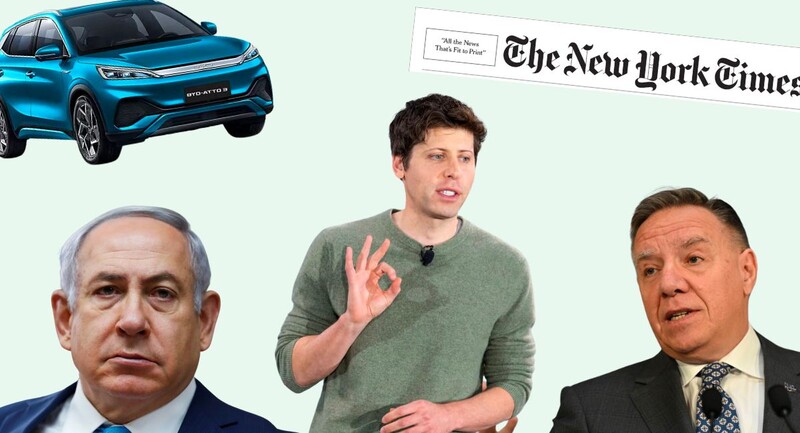

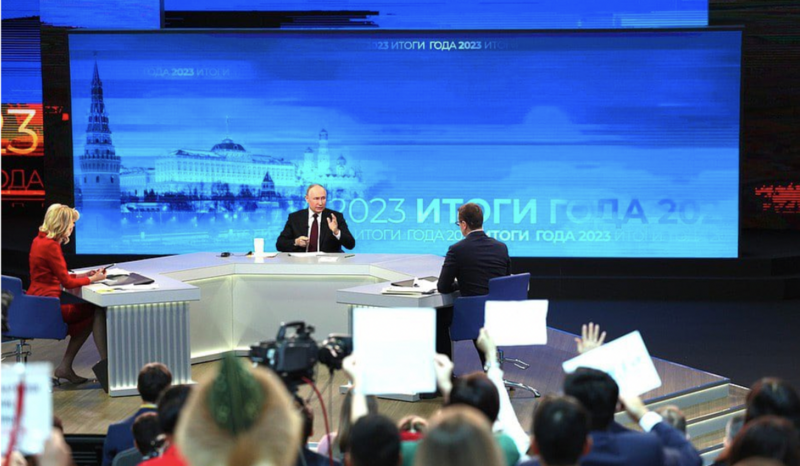
.gif)
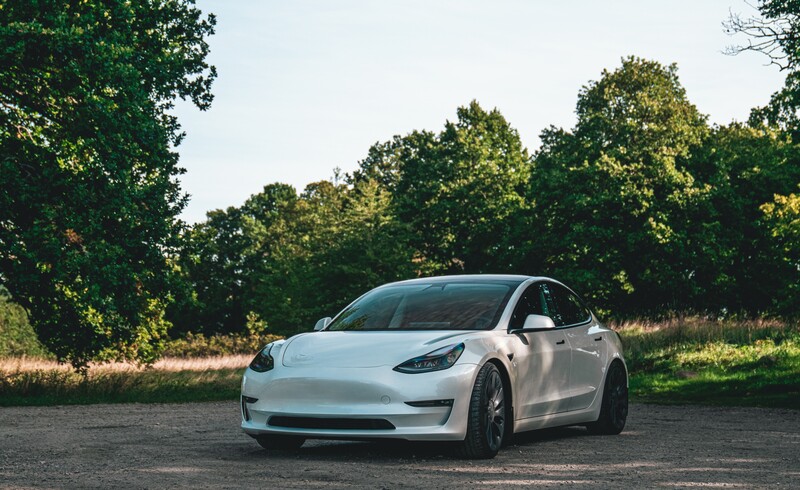
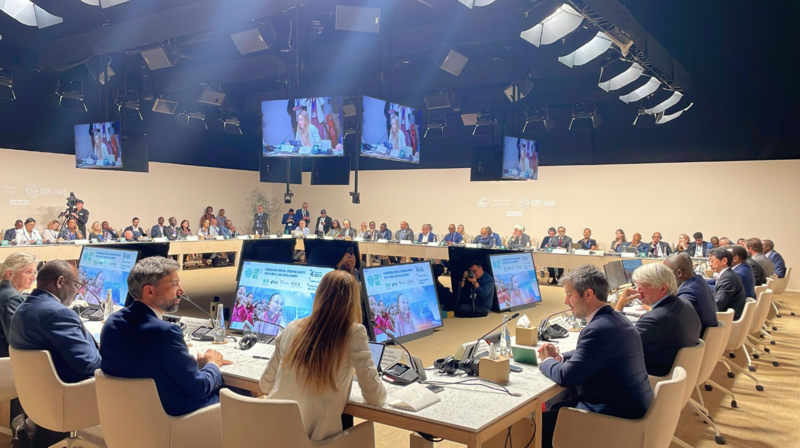
.png)
